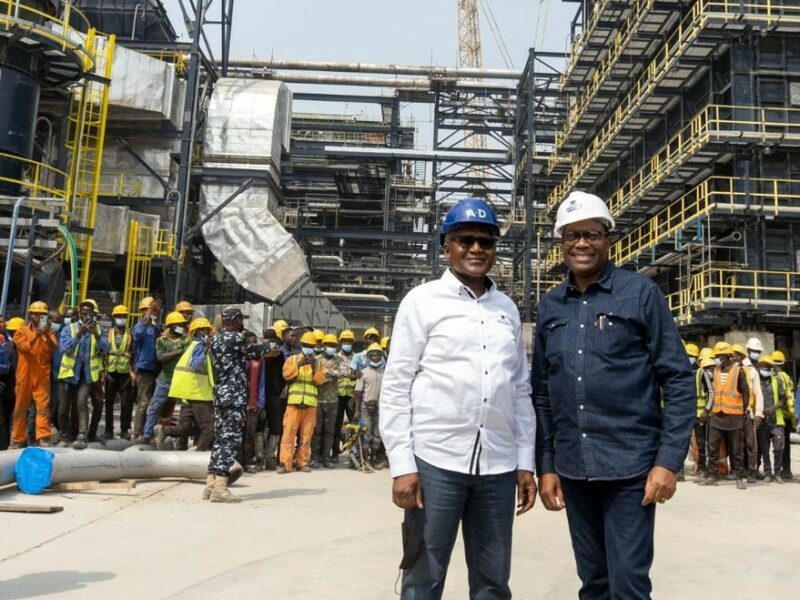Parliaments still vital to public quest for democracy despite fragile trust, new report says
Geneva/Kampala, 2April 2012—Parliaments today are facing greater public scrutiny and pressure than ever before with fundamental questions on their ability to hold governments to account, but they have never been more essential to the political life of a country, says a joint report launched today by the Inter-Parliamentary Union (IPU) and the United Nations Development Programme (UNDP).
The first Global Parliamentary Report (GPR), which examines “The Changing Nature of Parliamentary Representation”, argues that to address the current low-level of trust in them, parliaments must engage with citizens, stay closely attuned to their needs and make every effort to meet them.
The report, in which more than 125 parliaments and 660 members of parliament (MPs) participated, aims to help both legislative assemblies and politicians better understand and respond to the public pressures they are facing.
The report notes various opinion polls showing waning support for parliaments in both established and newer democracies. Trust levels in places such as Lithuania and USA are just below 10 percent with similar trends evident in the Arab world, East Asia and the Pacific. The only region to buck the downward trend, according to the report, is Sub-Saharan Africa, where a comparatively high level of trust is recorded at 56 per cent across the continent.
The report points to the emergence of more than 190 parliamentary monitoring organizations (PMOs) in more than 80 countries, the growing number of parliaments with codes of conduct and the limits placed on the length of parliamentary mandates as measures to make members of parliament (MPs) more accountable to an increasingly demanding electorate.
“It is clear that casting a ballot every few years is no longer enough for an electorate. It wants more democratic engagement between it and the political institution it elects,” says Abdelwahad Radi, President of the IPU. “Most parliaments have recognized the need to change the way the public sees it, its role and its work. And they are doing something about it.”
The GPR highlights the various initiatives being undertaken across the world to engage and inform the public more on parliamentary work and outcomes. These include developing inter-active websites, introducing ‘open’ visiting days or using radio to reach constituents in remote areas such as in Afghanistan and Benin. In Namibia, customised buses tour the country enabling citizens to submit their views to parliament on legislation.
Many MPs also point to the growing correspondence and interaction they now have with constituents demanding better responses to local concerns as well as more information and influence on, and over, an MP’s work.
“Parliamentarians are better placed to assess the concrete outcome of the legislation they discuss, amend and pass when they engage with citizens,” says Rebeca Grynspan, UNDP Associate Administrator. “These exchanges are critical to ensure that citizens, through their elected representatives, influence their governments and hold them to account more effectively, especially in key areas for development.”
However, the report finds genuine public influence over parliamentary outcomes remains limited. It cautions that if faith in parliament is not to be undermined further, initiatives must deliver on giving the public that influence.
It recommends that to be more effective, MPs should move beyond finding individual, local solutions to their growing constituency work. They should instead channel widespread constituency concerns into parliament’s national legislative work in order to find strategic, tangible responses to common problems.
Despite the many challenges and criticisms parliaments are facing, the report argues that parliaments continue to provide a critical and irreplaceable link between citizens and their governments.
Parliaments, though not synonymous with democracy, appear to be essential to the idea of a State’s legitimacy and ability to represent the people. It cites the recent events in the Arab world and elsewhere as underscoring the importance of parliament in people’s quest for greater political voice and democracy.
The report also points to the growth in the number of parliaments. Nearly all countries now have some form of parliamentary assembly, and overall, they are more accessible, more professionally run and better-resourced than 50 years ago.
Ultimately, the Global Parliamentary Report concludes, parliaments have shown resilience by remaining core to the concept of representative democracy. They have achieved this by adapting to changing public needs and demands throughout history. It is that permanently evolving relationship which holds the key to the future of parliaments.
Stay with Sierra Express Media, for your trusted place in news !
© 2012, https:. All rights reserved.






